Solar Rainfall
Solar and wind farms would provide abundant electricity to the Sahara desert, and result in …
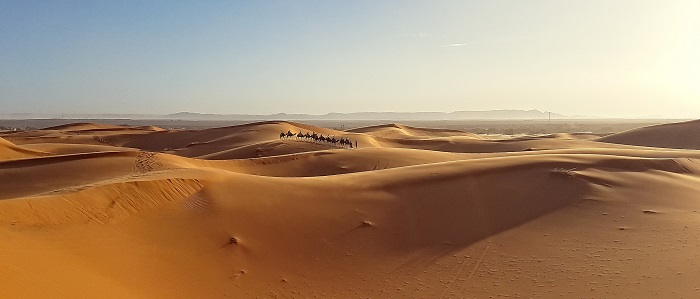
Solar and wind farms would provide abundant electricity to the Sahara desert, and result in …
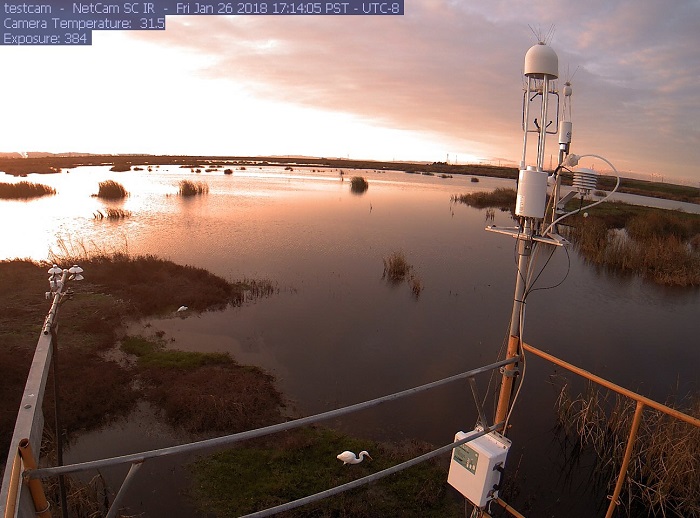
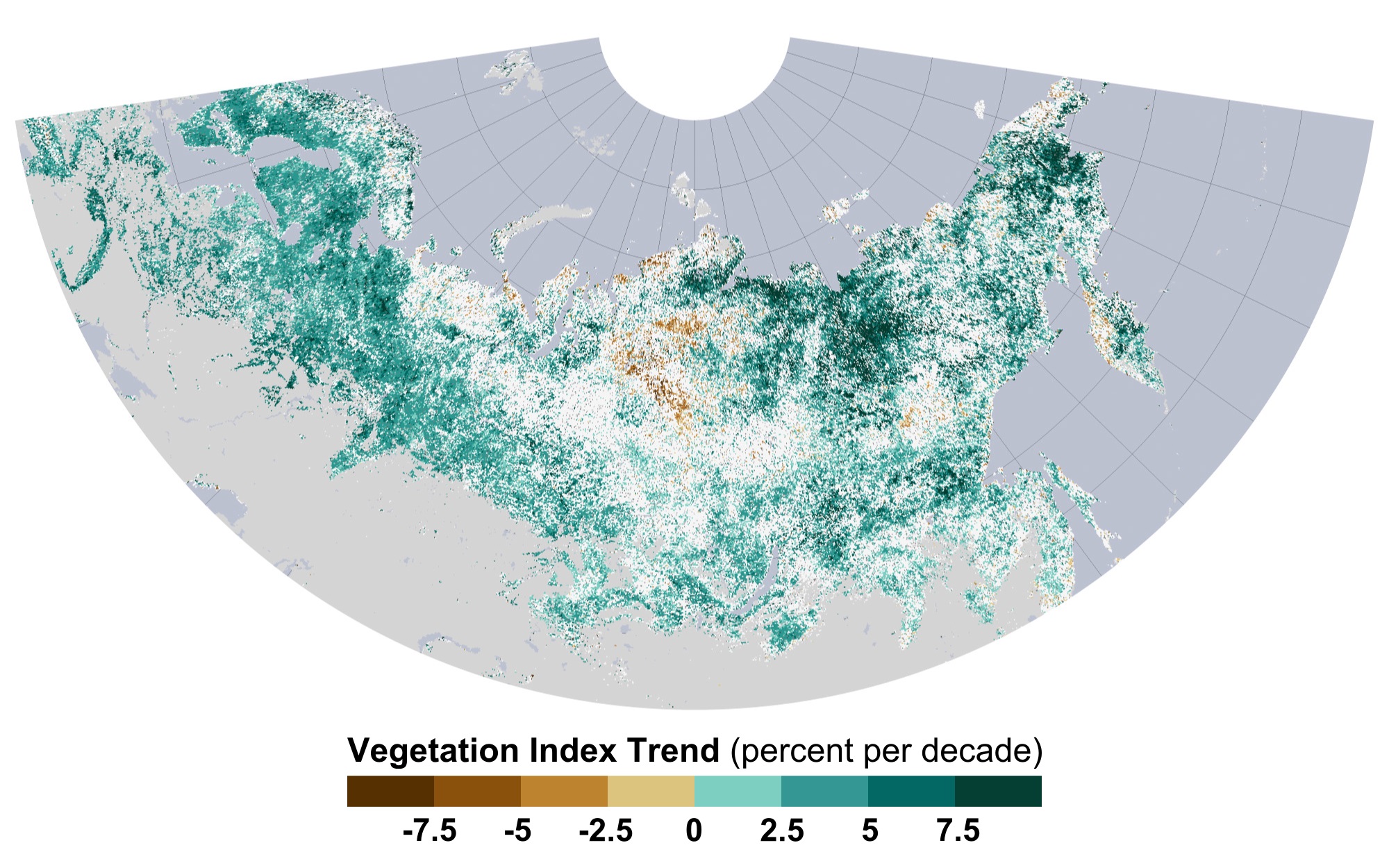
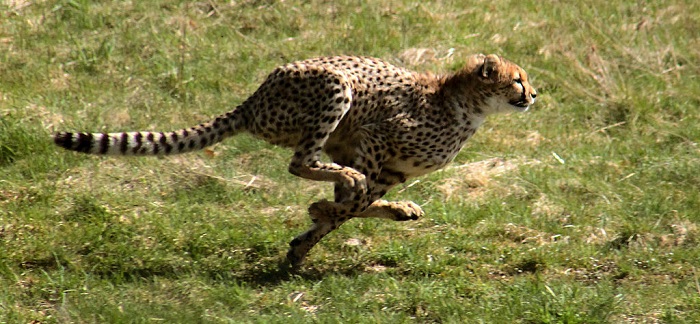
The metaphor of the Tortoise and the Hare can be applied to the speed of life of animals of all …
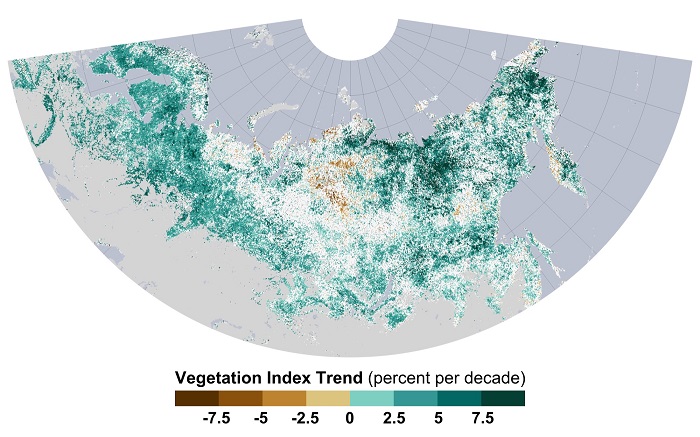
A study suggests baby marmosets’ calls change as they grow up - questioning more than 50 years of …

Sleep deprivation can boost fat cell production and reduce muscle mass.

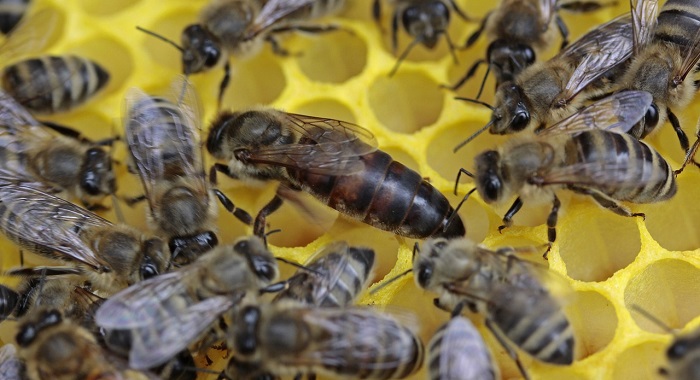
The diet of baby bee larvae activates genes that turn some into workers and others into queens.
